These 15 books will be especially beneficial if you finish them before you get your degree. Whether it's political, cultural, or historical, they teach vital lessons to young people before they head into a fully adult world.
1. "The Great Gatsby"
I know it probably brings back memories of your high school English classes, but "The Great Gatsby" is iconic, and provides an understanding of a complex time in American history. There are few books I believe are worth reading multiple times-- I don't think Gatsby can truly be appreciated until it is.
2. "Cloud Atlas"
"Cloud Atlas" is unlike anything else you will ever read. While the novel is potentially confusing, it forces you to look at narrative structure in a way you haven't before. The novel involves six separate but interlaced plot lines, all of which hold the reader's interest until their conclusion. Plus, it's been made into a movie starring Tom Hanks that you can watch when you finish the book, which is always a plus.
3. "Walden"
I'll be the first to admit that Thoreau's dry prose can be agonizing, but if you can get beyond that, Walden is full of brilliant and still accurate revelations about society. Plus, if you get through "Walden" you can get through anything your professors throw at you.
4. "Middle Sex"
Middle Sex is a Pulitzer prize winner that focuses on gender in a way this is simultaneously modern and historical. Arguably one of the best novels of its decade, "Middle Sex" will change the way you see gender, sexuality, and identity.
5. "To Kill A Mocking Bird"
"To Kill A Mocking Bird" is both a great novel and a cultural phenomenon. It has found its way into class discussions, literary allusions, and even political debates, so it's definitely a novel worth understanding.
6. "Pride and Prejudice"
"Pride and Prejudice" is an important read for all young women. Austen pulls you into her world and reminds you that living as you wish is a relatively new experience for women.
7. "The Handmaids Tale"
Like "Pride and Prejudice", "The Handmaids Tale" reminds you of the struggles women have faced because of their gender-- struggles they could very well be forced to repeat if they conform to the whims of a discriminatory society.
8. "Catcher In The Rye"
Anyone in the midst of their quarter-life crisis can relate to Holden Caulfield's aimlessness and misplaced frustration. So before you hit that fun, post-college despair, "Catcher In The Rye" is worth a read.
9. "The Book Theif"
Those who can recall the events of World War II are now elderly, their generation rapidly fading from the world. So it's vital that young people remember what they experienced, both for their sake, and the sake of those who lived it. And this is something "The Book Theif" does brilliantly.
10. "1984"
In the world of unstable and often over-bearing governments, it's vital to remember how quickly power falls into the wrong hands. And how easy it is to manipulate a populace when it does.
11. "A Clockwork Orange"
Some of the best novels feature some of the most horrible characters. "A Clockwork Orange" allows it's audience to glimpse some of the most heinous acts in society, from the view of someone young readers can relate too-- though they'd rather not.
12. "Fight Club"
Rule number one, we don't talk about fight club. So you'll just have to read to figure out why it's on this list.
13. "Lolita"
"Lolita" is on the list for one reason only: it is highly acclaimed. The novel is unnerving and perverted yet it has found a place amongst the greats. This in itself makes the novel worth reading; after all, why would so many people praise a novel on something as atrocious as pedophilia?
14. "Lord of The Flies"
"Lord of The Flies" is one of the few novels where youth will provide a deeper understanding of the characters actions. So this is definitely a book to read while childhood is still fresh in your mind.
15. "I Know Why The Caged Bird Sings"
Angelou's novel is devastating, heart-wrenching and timeless. It is as relevant now as the day it was published because some things in our society simply never change. Something Angelou documented with beautiful prose, despite the novel's harshness.


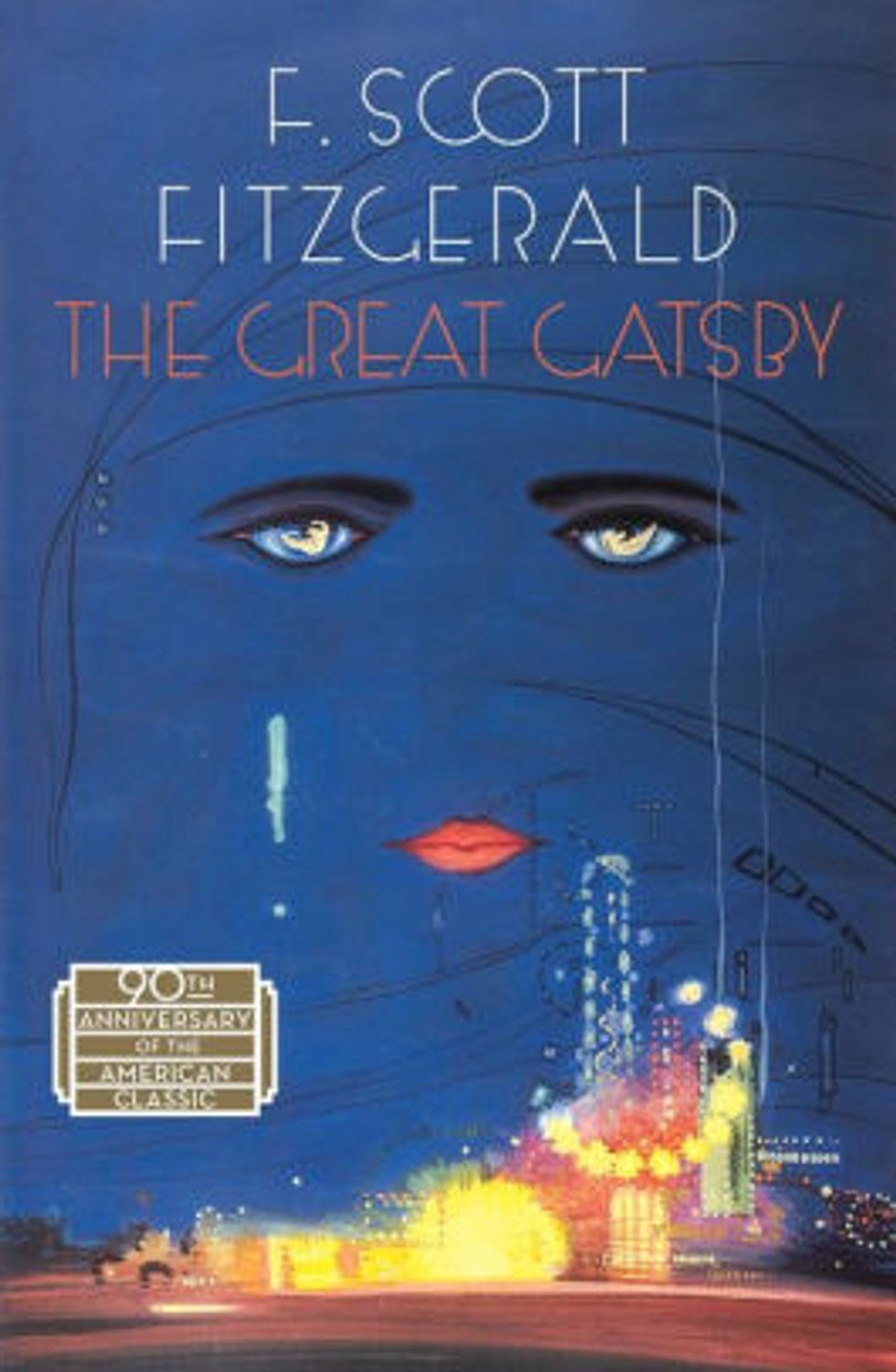
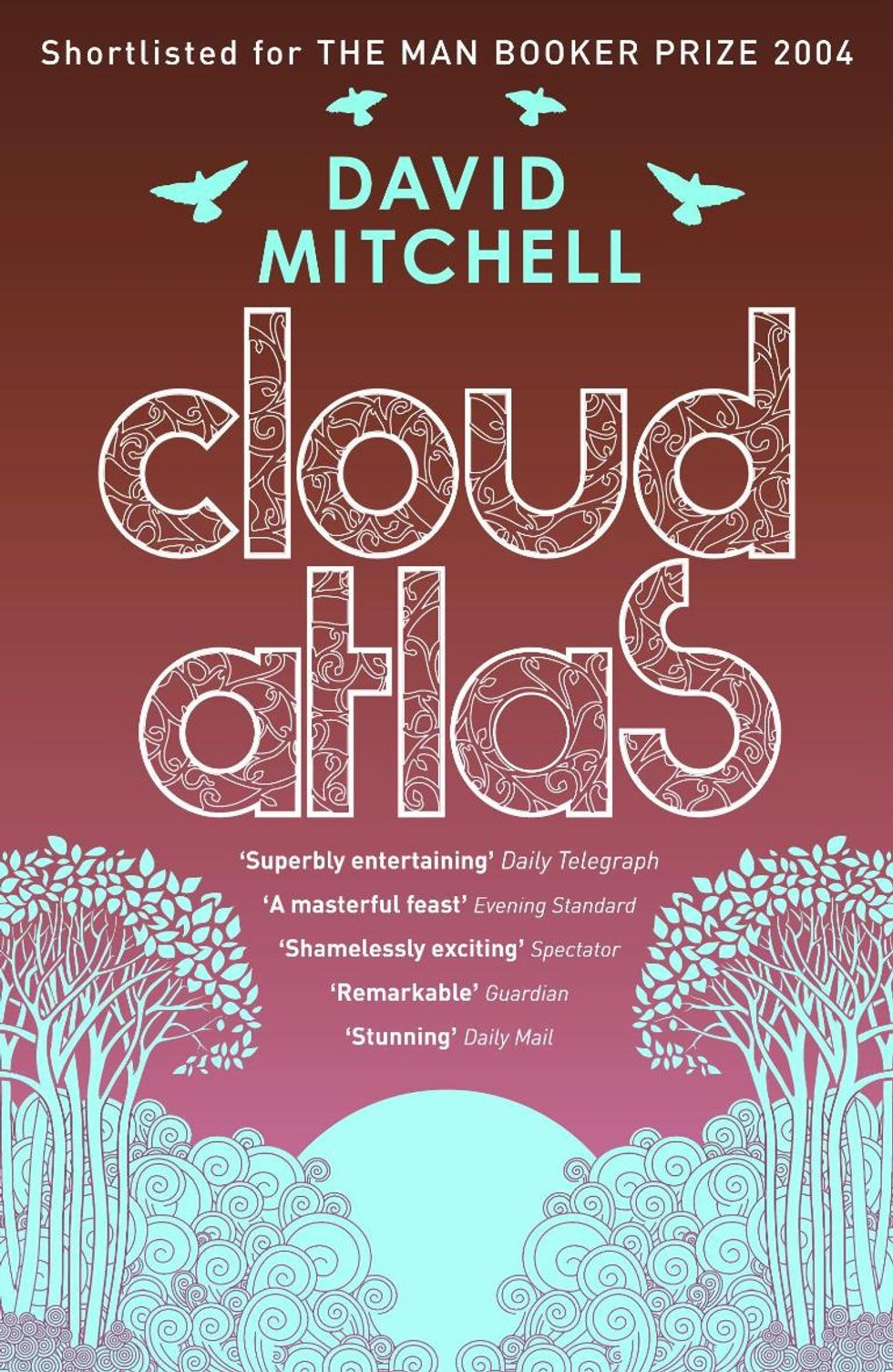
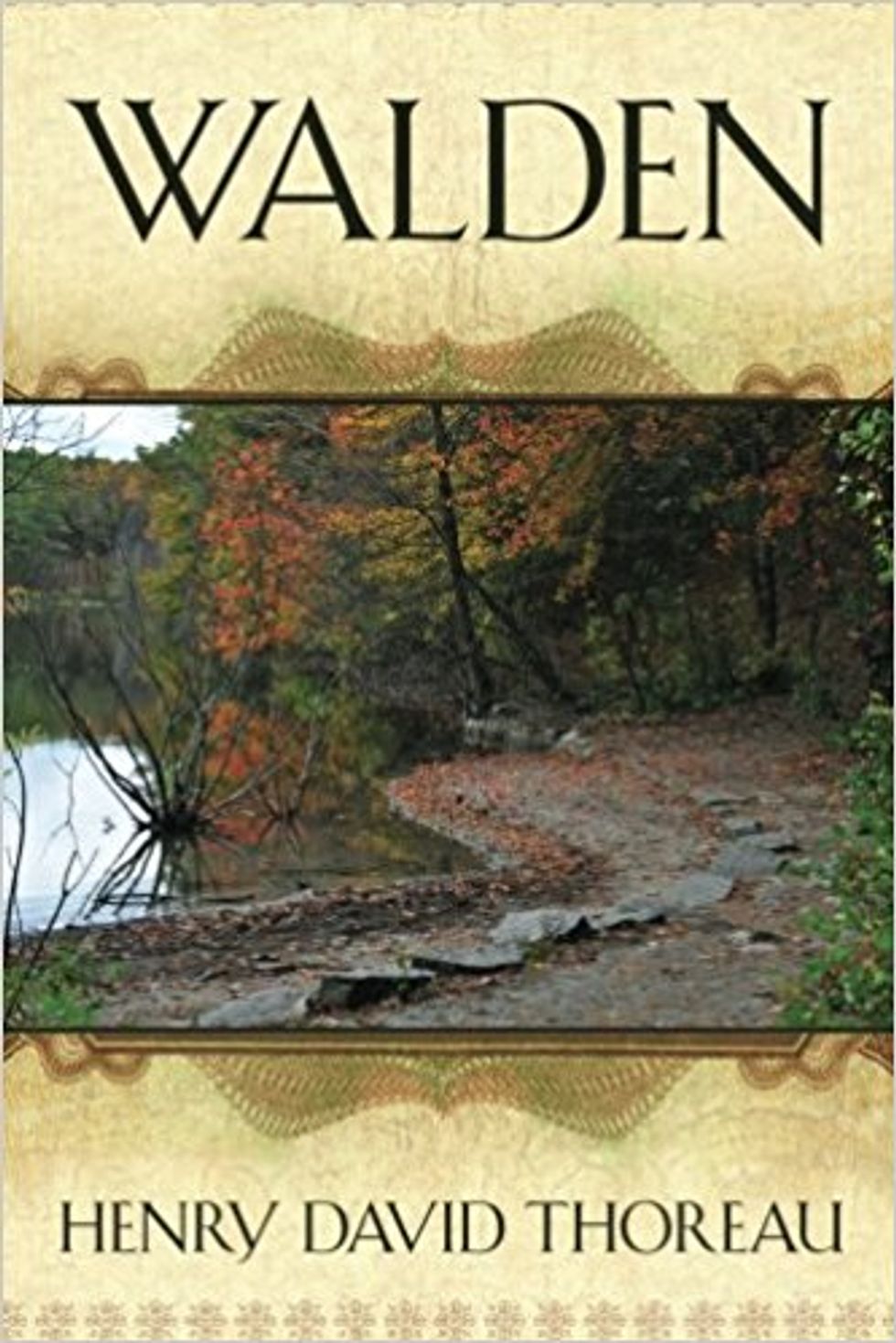
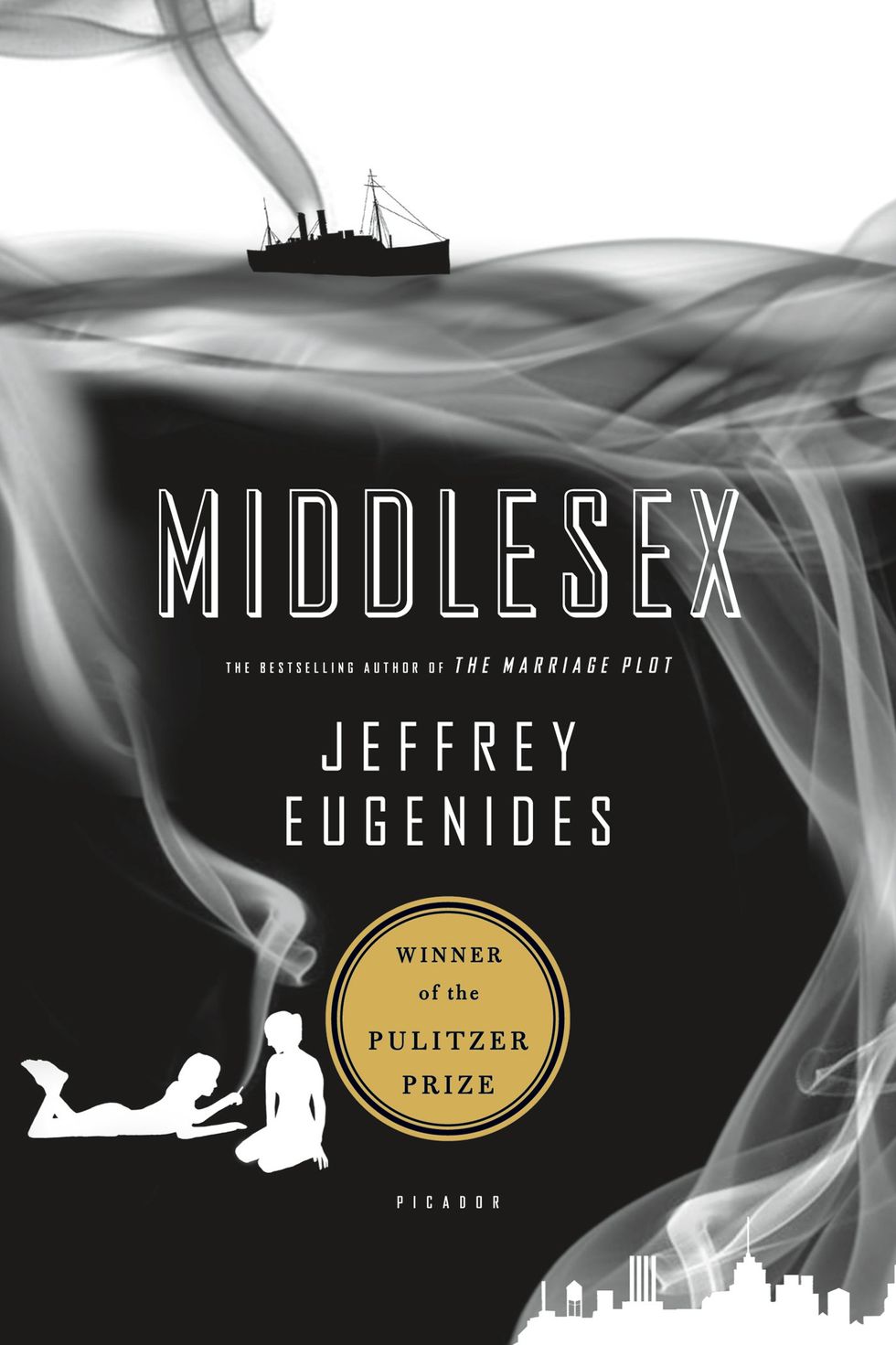
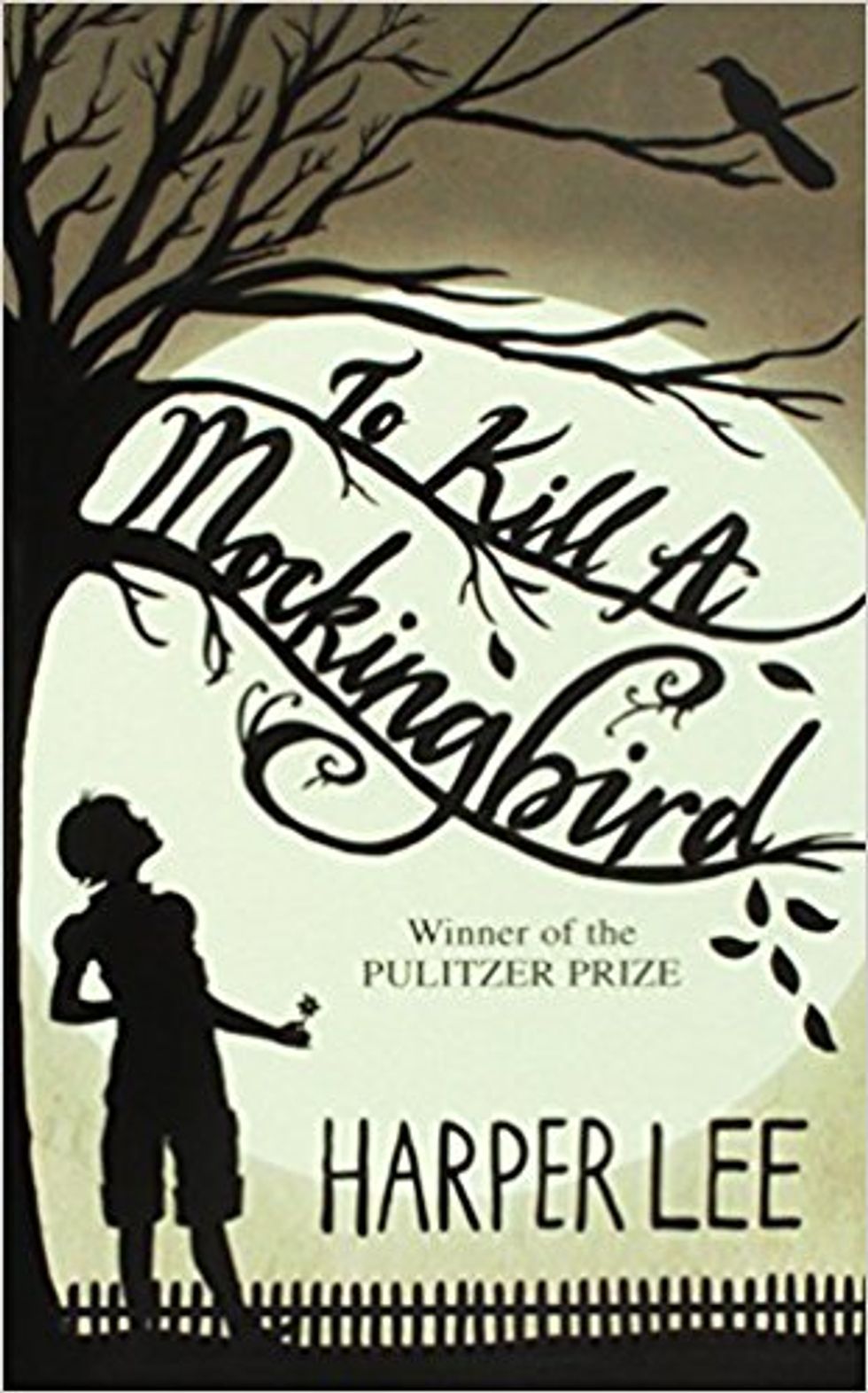
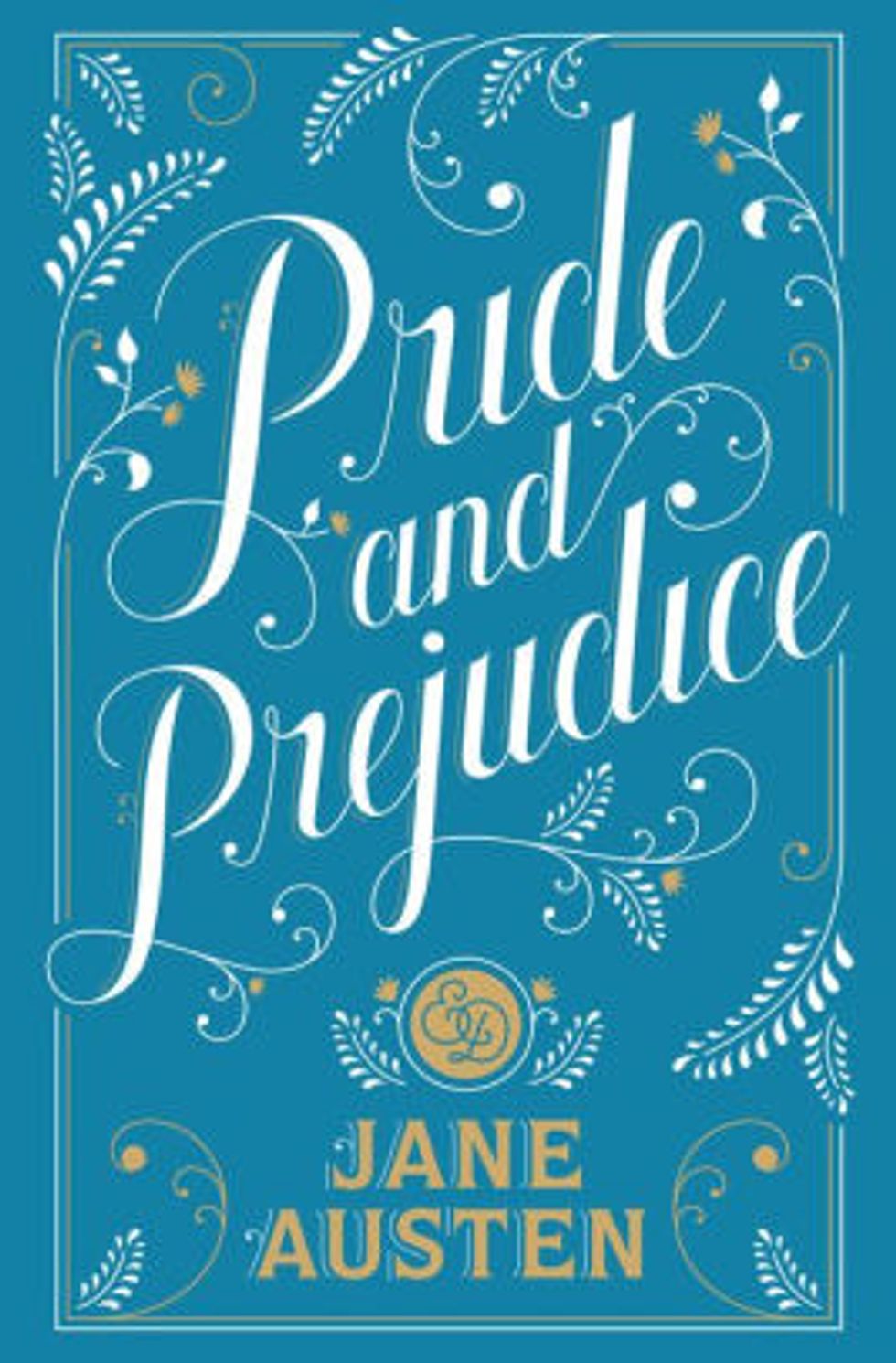
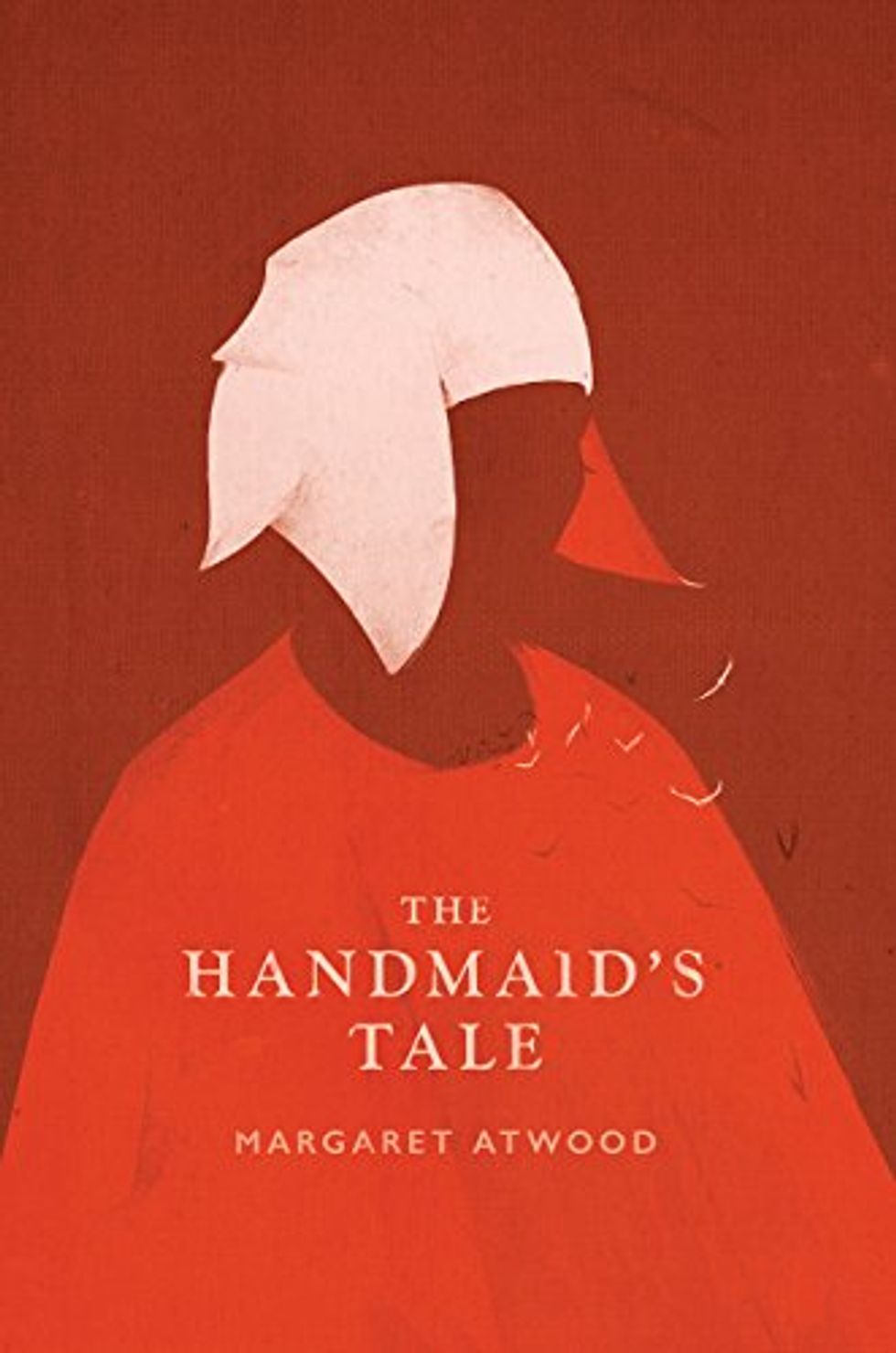
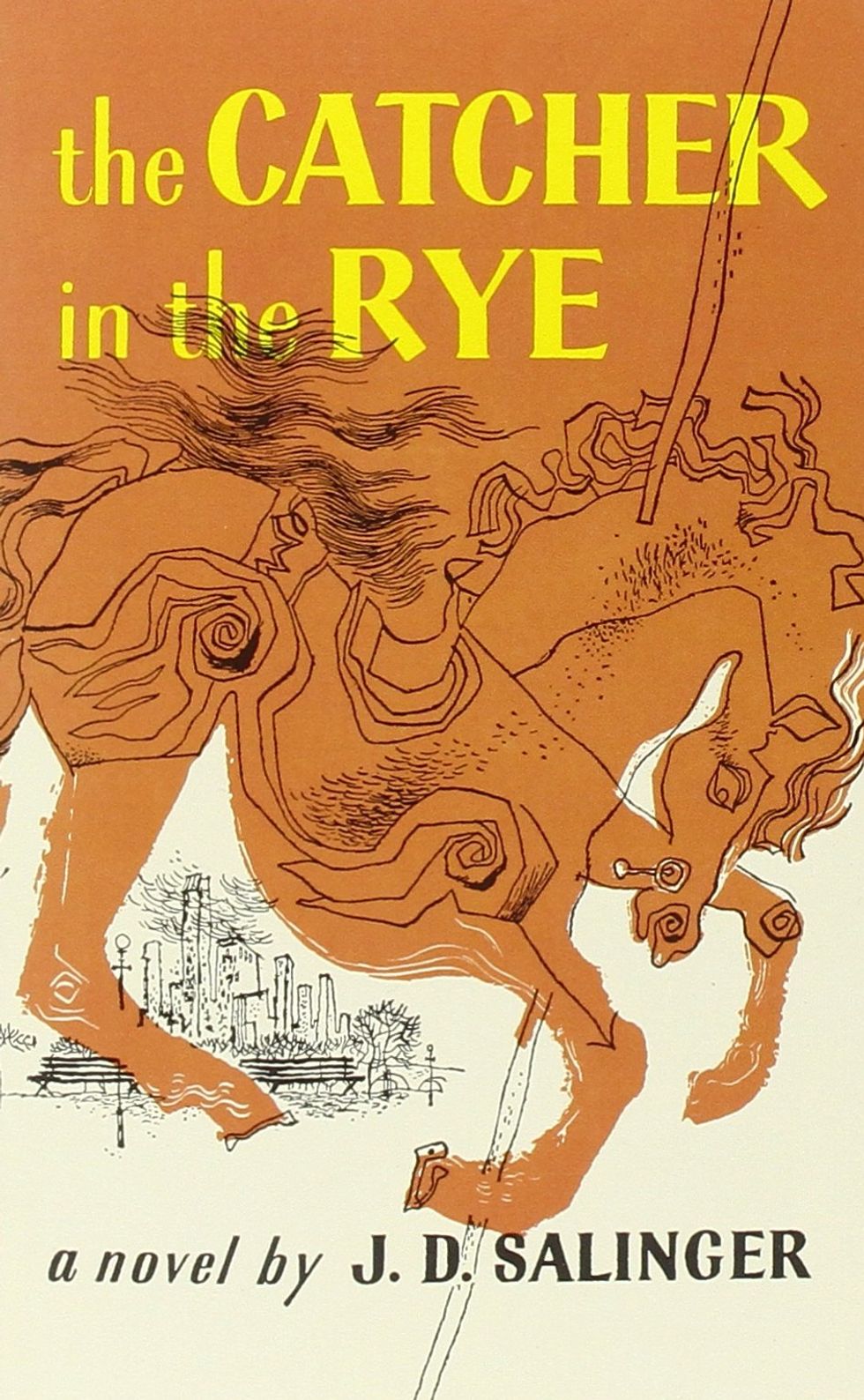
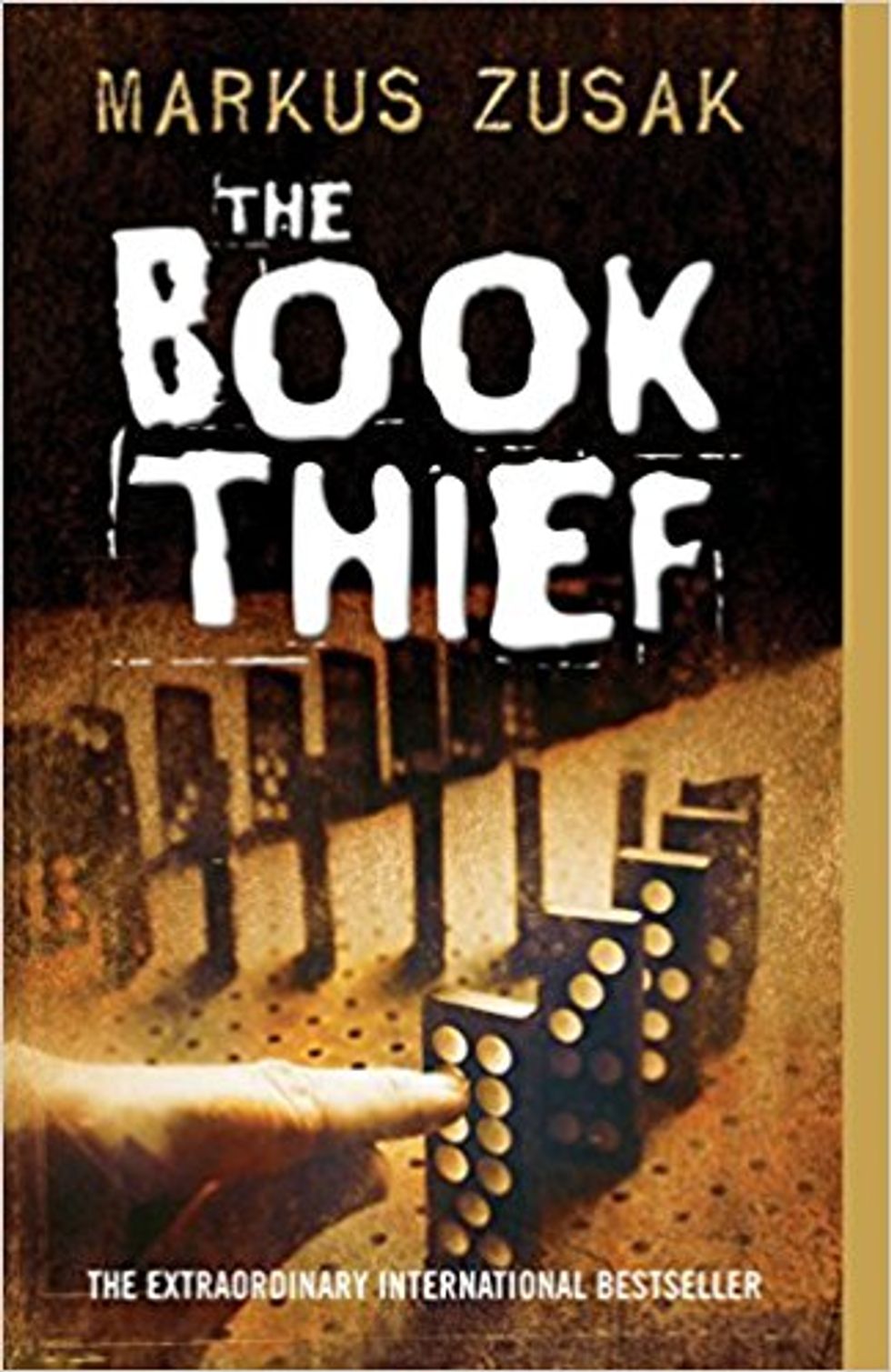
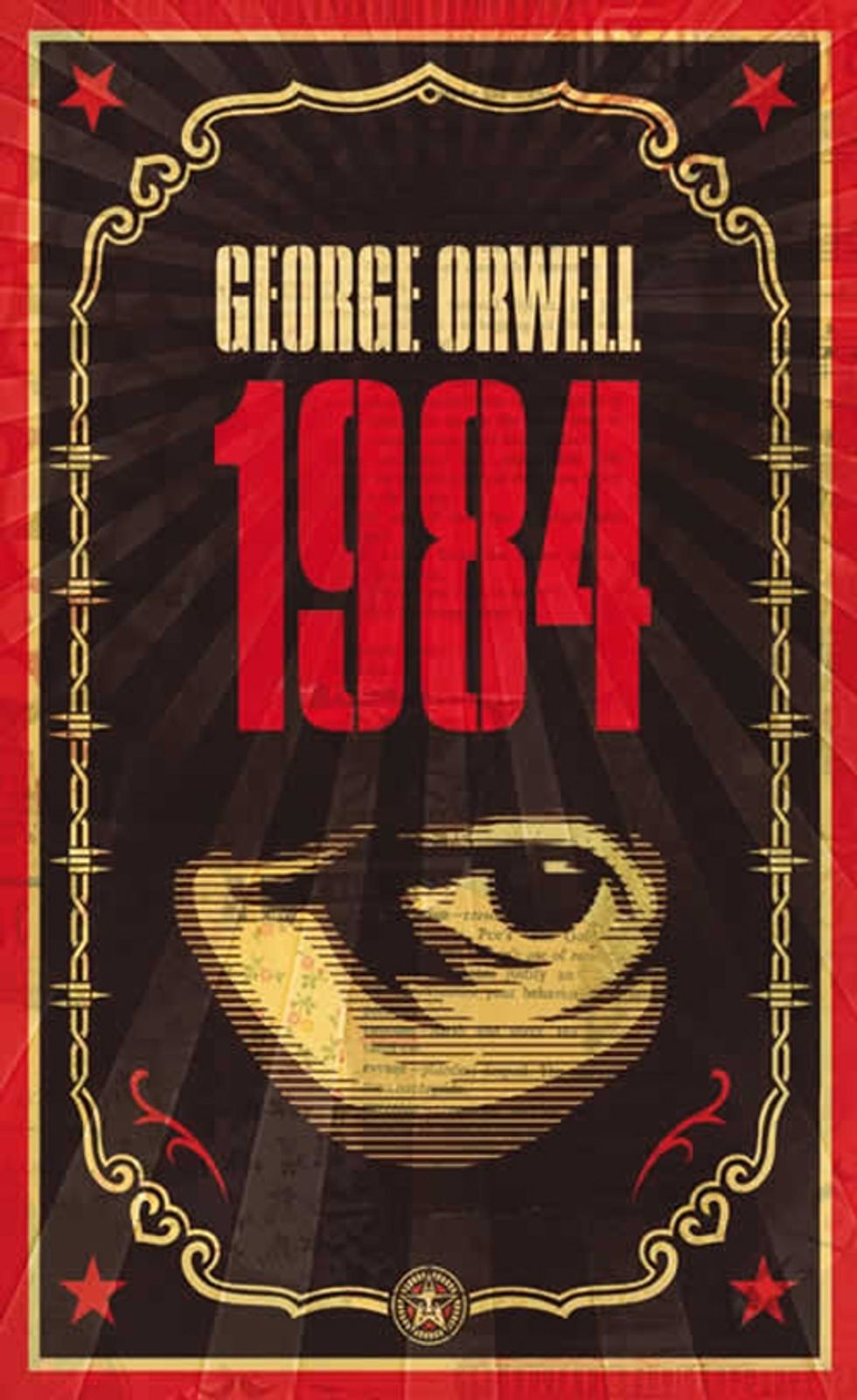
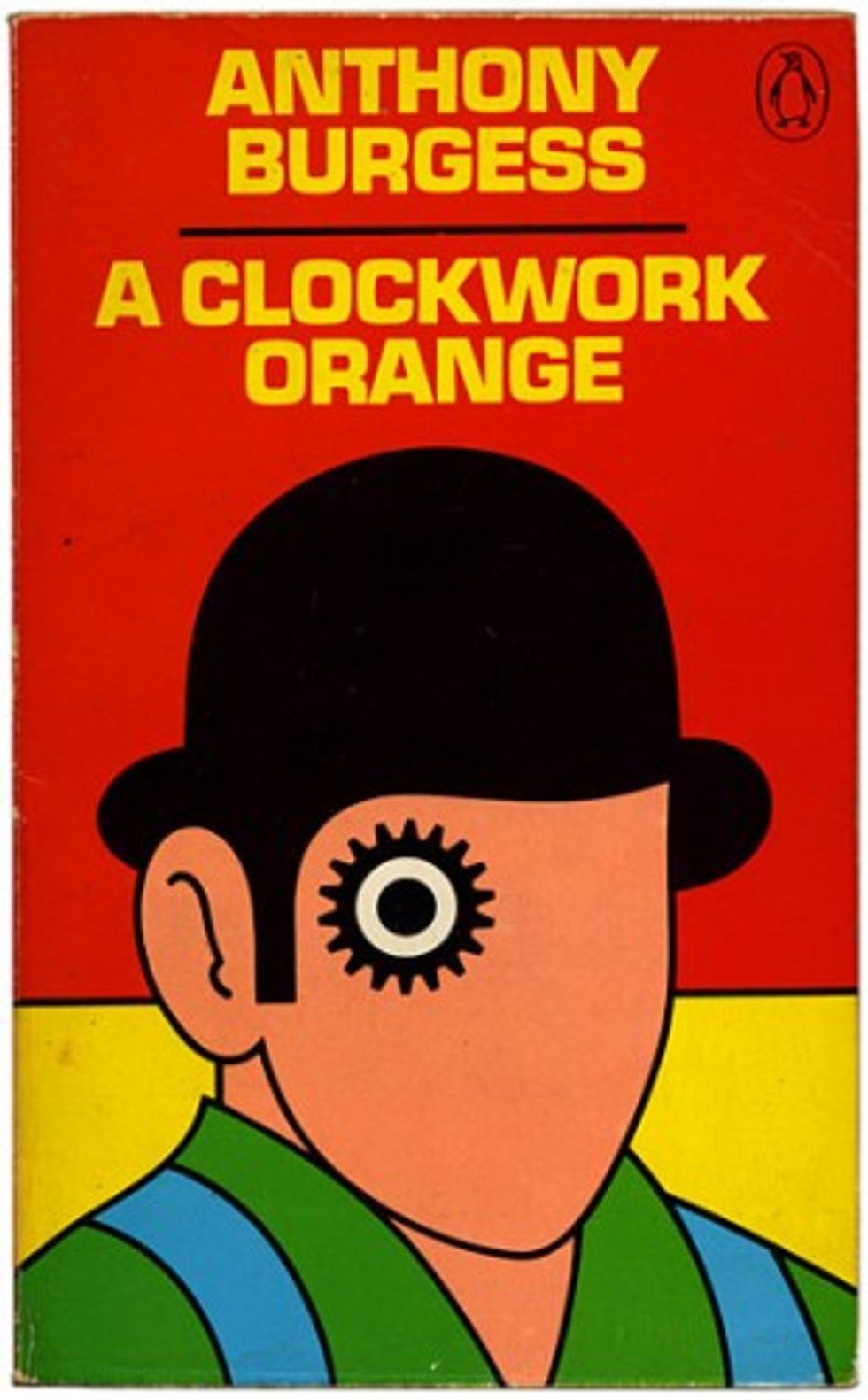
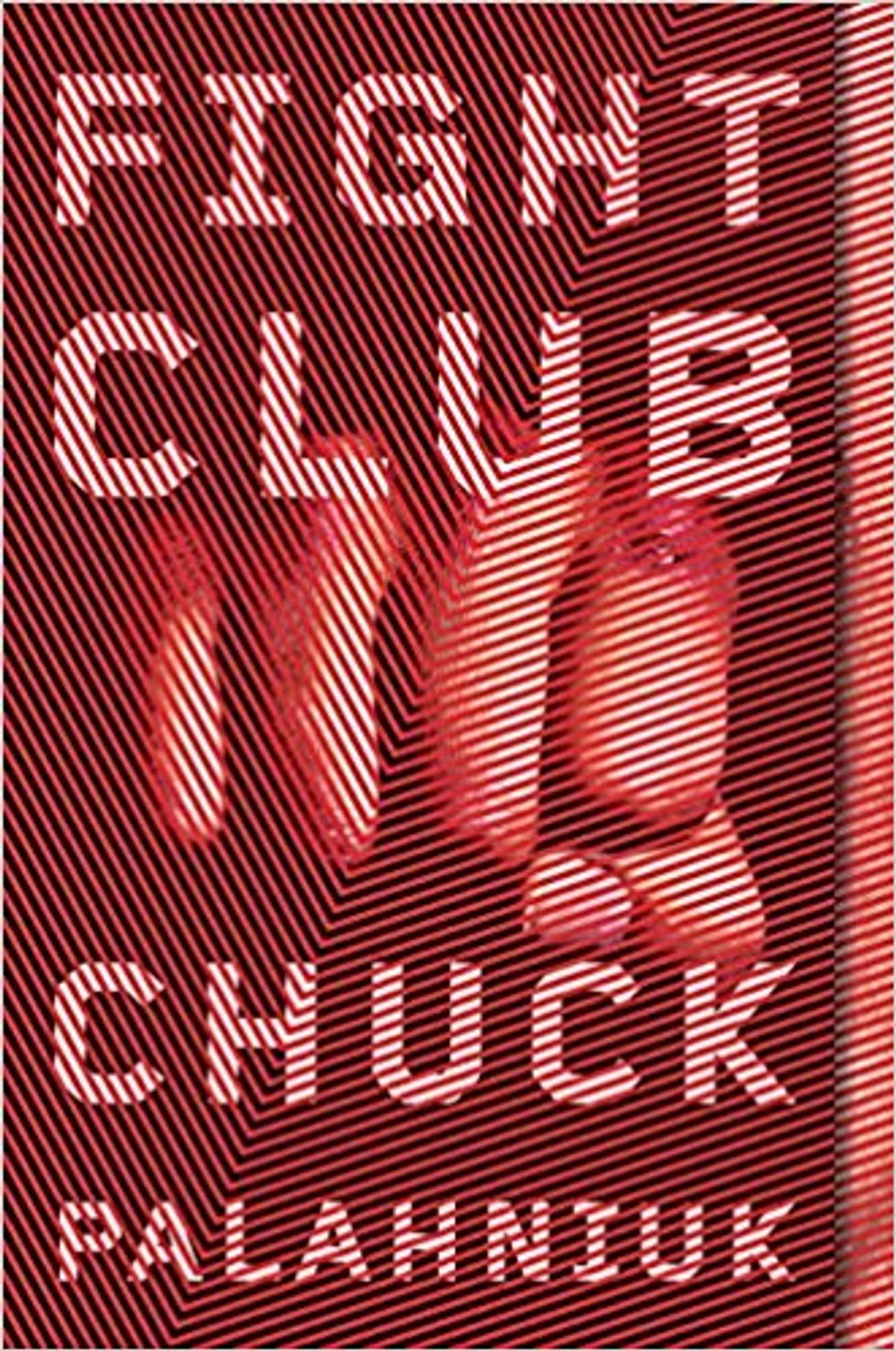
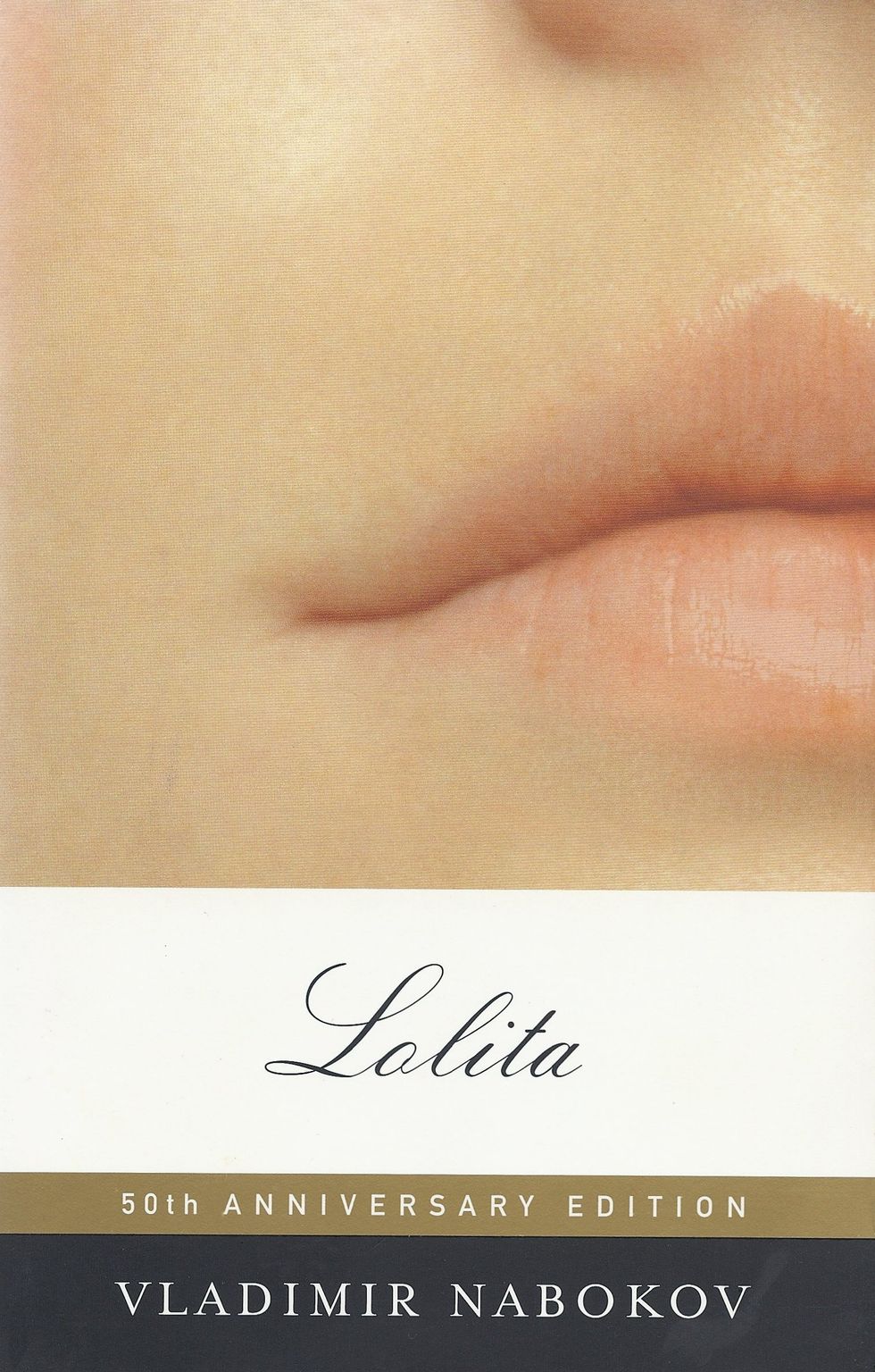
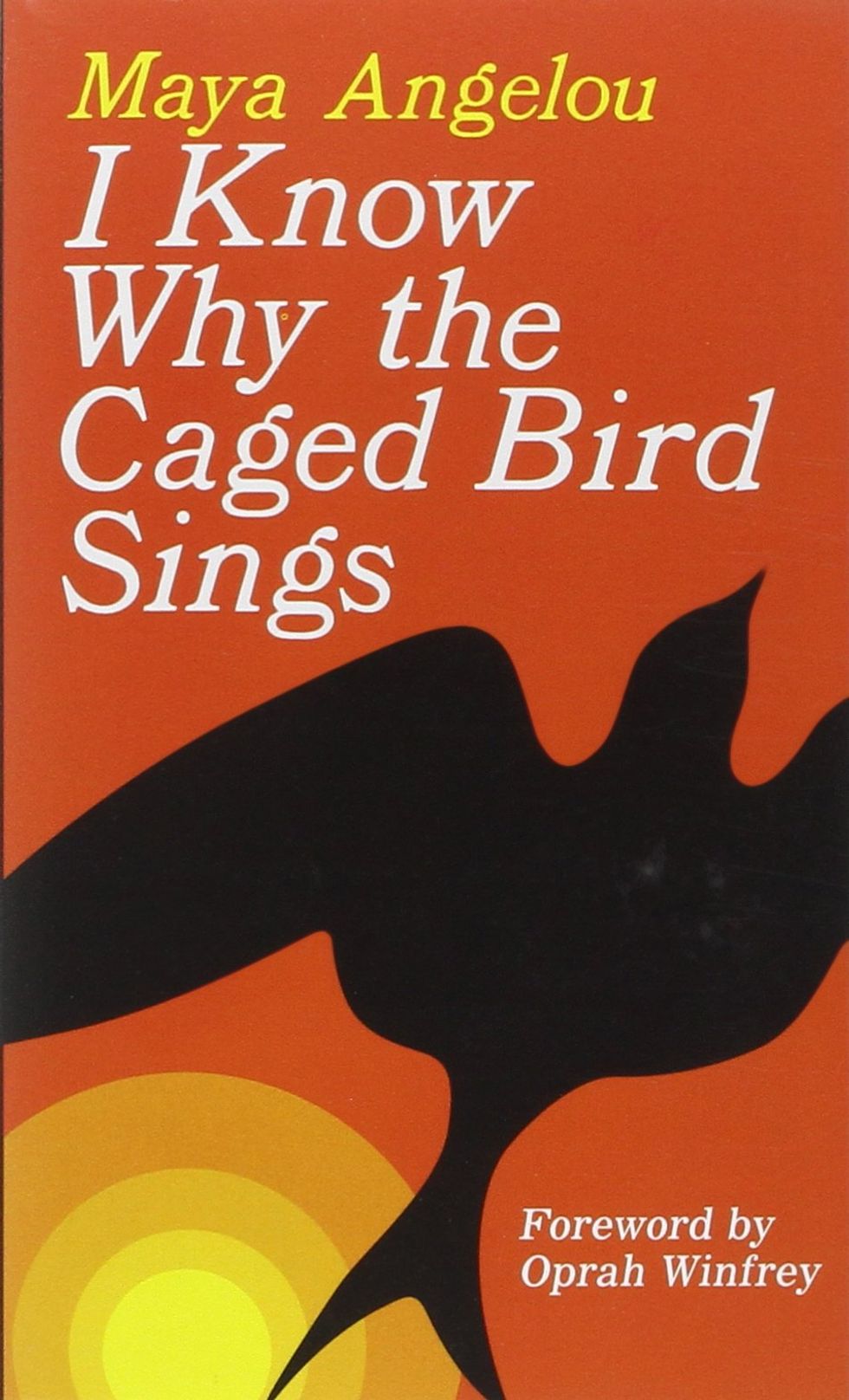




 The minimum wage is not a living wage.
StableDiffusion
The minimum wage is not a living wage.
StableDiffusion
 influential nations
StableDiffusion
influential nations
StableDiffusion











